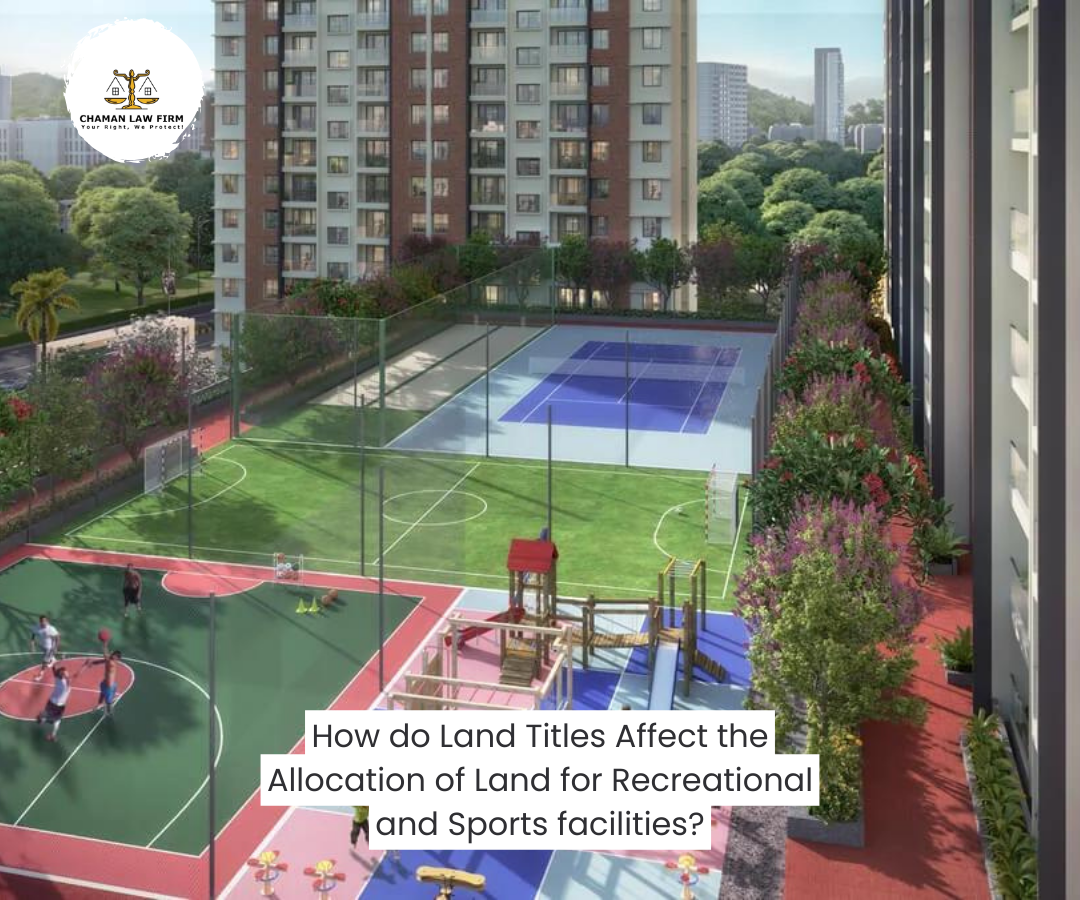
Introduction
Access to recreational and sports facilities is essential for physical fitness and community well-being. However, the availability of land for these facilities depends significantly on land titles. This article explores the relationship between land titles and land allocation for recreational and sports facilities in Nigeria.
Land Titles and Recreational Facilities
-
Urban Congestion: In rapidly growing urban areas, securing land titles for recreational spaces can be challenging due to competing demands for land.
-
Land Scarcity: Increasing competition for available land can limit the space allocated for recreational facilities.
-
Ownership Disputes: Land title disputes can stall or alter the development of recreational projects.
Challenges in Rural Areas
-
Cultural Significance: In rural communities, land may have cultural or communal importance, leading to disputes over its allocation.
-
Land Conversion: Agricultural land might be converted to recreational use, which can be met with resistance.
-
Infrastructure: Land titles influence the development of infrastructure for sports facilities.
The Role of Government
-
Zoning and Regulation: Government policies, zoning laws, and regulations play a significant role in dictating land allocation for recreational and sports facilities.
-
Public-Private Partnerships: Collaborations between the government and private entities can aid in land allocation for sports projects.
Case Study: Lagos State
Lagos State’s efforts to balance urbanization with recreational land allocation highlight the complexities of this issue.
Community Engagement
-
Consent and Participation: Engaging the community in decision-making can foster acceptance and support for recreational projects.
-
Education: Public awareness campaigns on the value of recreational facilities can help build community support.
The Way Forward
-
Digital Land Records: Implementing digital land title records can streamline the allocation process.
-
Investment in Sports: Recognizing the importance of sports facilities for health and the development of local talent.
-
Balanced Land Use: Ensuring a balance between residential, commercial, and recreational land allocation.
Conclusion
Land titles are inextricably linked to the availability and development of recreational and sports facilities in Nigeria. Addressing the challenges and leveraging opportunities presented by land titles is crucial to ensuring that all citizens can access quality spaces for recreation, physical fitness, and community well-being.
WRITTEN BY CHAMAN LAW FIRM TEAM
Email: chamanlawfirm@gmail.com, info@chamanlawfirm.com
TEL: 08065553671, 08024200080

